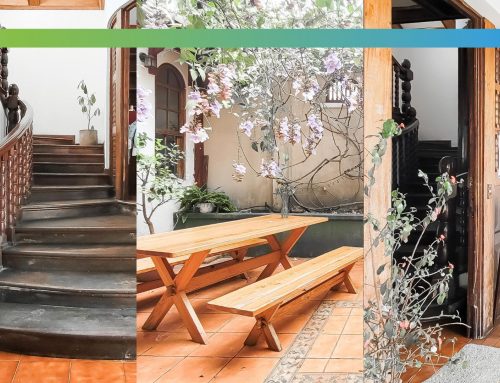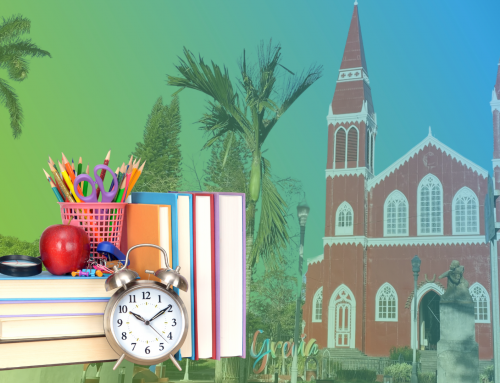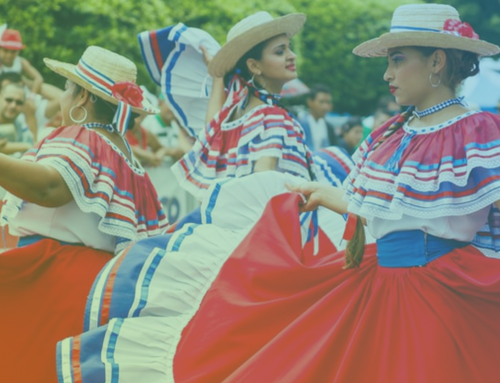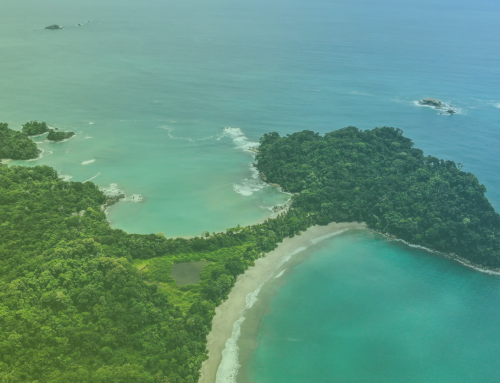May the eyes of my children, and their children, see what my eyes saw.
DANIEL ARGUEDAS, ATHLETE, CONSERVATIONIST AND PROJECT MANAGER AT VERDIAZUL
On the Junquillal beach in the province of Guanacaste there is a very special organization called VerdiAzul. Their work is based on protecting and conserving the environment. They put this vision into practice through actions such as protecting turtle nests, reforestation and environmental education. At NATIVU we believe in the power of nature and the importance of taking care of it and this is why the work of VerdiAzul not only seems important to us, but we hope that its vision is duplicated throughout the country so that we can all apply it in our lives.
Learn here about:
The beginnings of VerdiAzul
How they do it…
How to join the change!
The beginnings of VerdiAzul
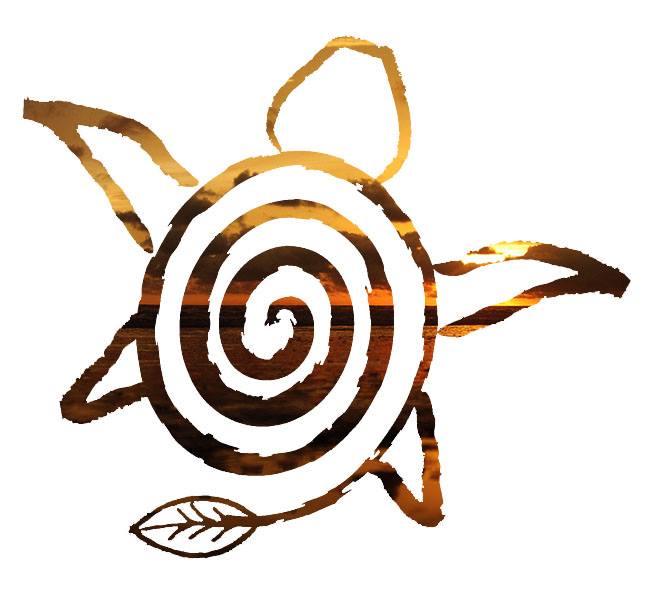
Verdiazul’s science and environmental education programs are led by Valerie Guthrie Benavides, a tropical biologist specialized in natural resources and environmental education. 16 years ago she decided to work at Playa Junquillal with the WWF to do a multidisciplinary study of the turtles that arrived in that coastal area.
Over time, organizations and people have collaborated to strengthen the project, such as the National University of Costa Rica (UNA) and the University of Costa Rica (UCR), managing to make the beach an experimental conservation classroom.
Verdiazul’s team has focused on education and ecosystem protection. In recent years, Daniel Arguedas has led the processes together with Valerie, expanding its scope day by day, visualizing integrating neighboring beaches into its programs.
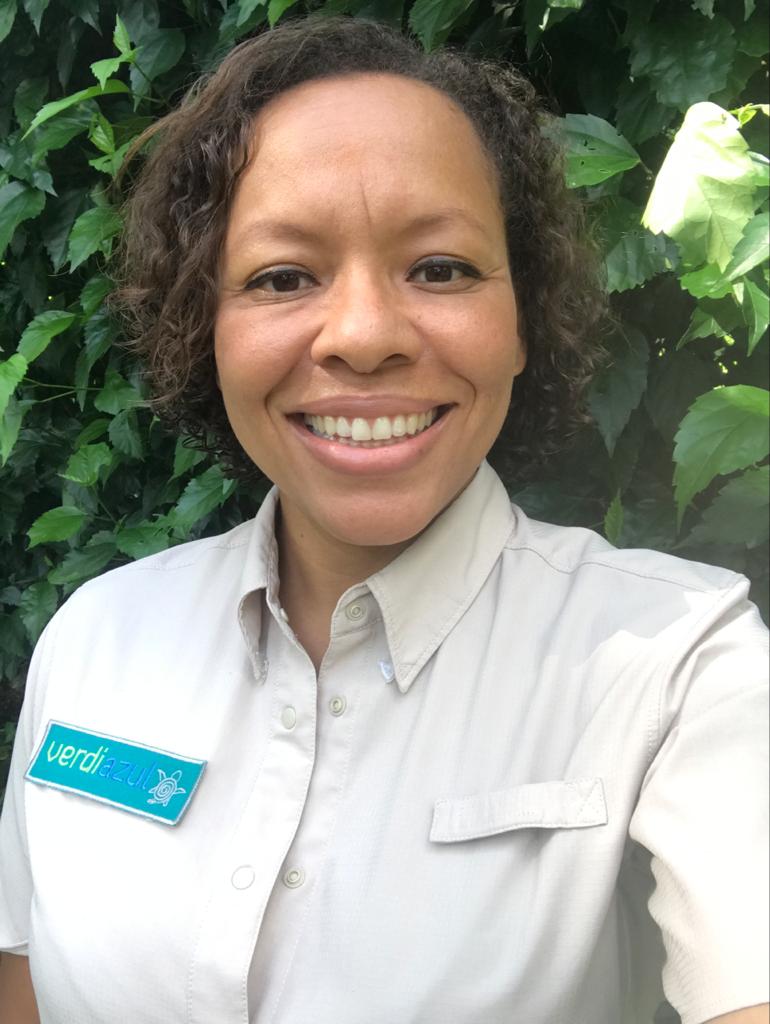
Valerie Guthrie –
biologist and director at VerdiAzul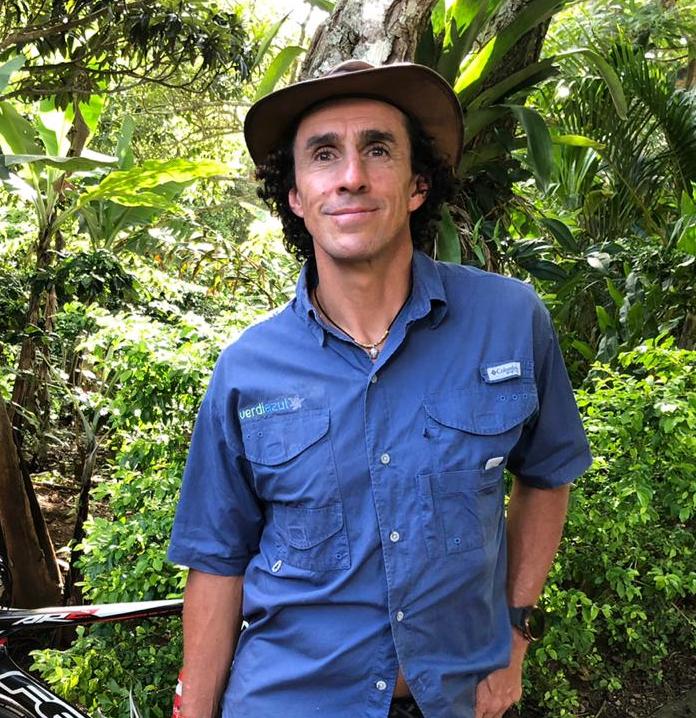
Daniel Arguedas – athlete, conservationist and project manager at VerdiAzul
Their purpose
Its vision is to offer the best collaborative experience for the benefit of environmental conservation. Stimulating programs and activities encourage your volunteers, students and visitors to live in harmony with the environment through practical solutions conveyed by inspiring and dedicated leaders. The pillars that support the organization are education, leadership, teamwork and respect for nature.
How they do it…
Turtles
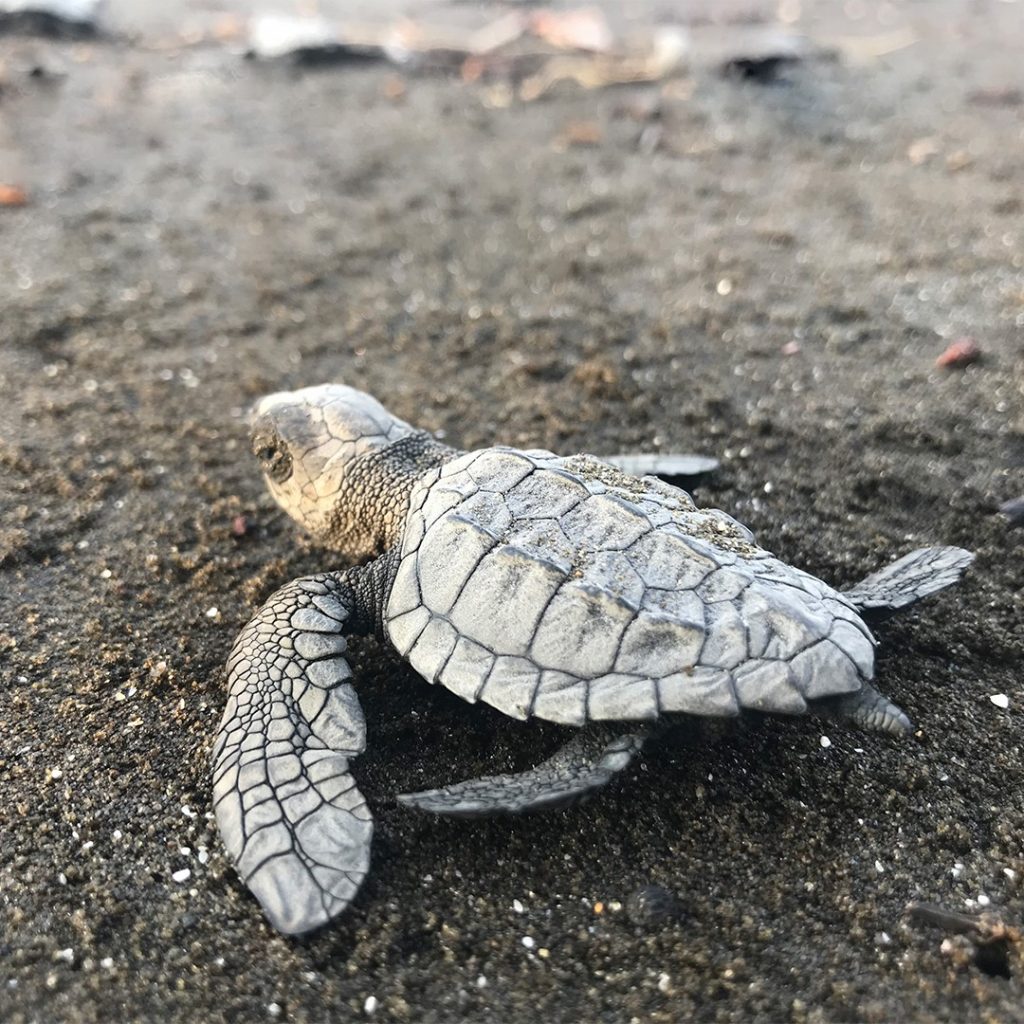
Junquillal Beach is a nesting site for three species of sea turtles: parrot turtle (Lepydochelis olivacea), black turtle (Chelonia mydas) and leatherback turtle (Dermochelys coriàcea). Recently there have been sightings of the hawksbill turtle (Eretmochelys imbricata).
The objective is to ensure the incubation of the nests of these turtles, achieving that more babies (hatchlings) reach the sea. Likewise, it is vital to restore the areas where these reptiles nest so that they can continue their reproductive processes.
Some achievements are:
- More than 85% of the nests are protected in the turtle hatchery or on the beach
- The percentage of looting of eggs for consumption does not reach 10%
- 80% of the plastic waste that reaches the beach is collected
- The artificial lights of the nearby buildings that project to the nesting areas have been reduced to 60%.
- An average of 20,000 hatchlings are released at sea each year.
Reforestation
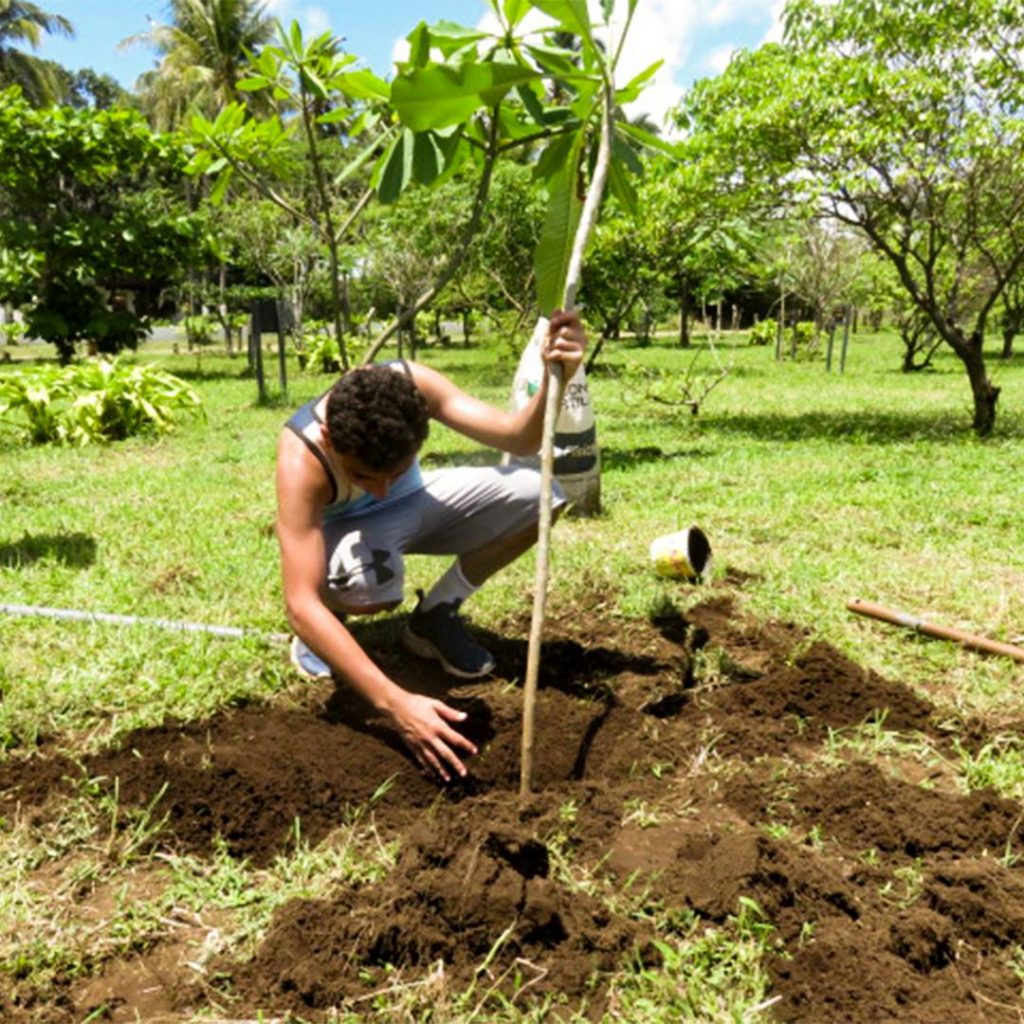
All efforts to safeguard turtles would be in vain if the stability of ecosystems on the coast is not ensured by minimizing the effects of climate change. For nesting, turtles require an adequate temperature of the sand, which is largely controlled by native trees.
For this reason, the reforestation effort has focused on the 50 public coastal meters. Trees are suitable for a special acclimatization process so that they can survive in this new ecosystem. Even the organic fertilizer that they provide is of a sandy texture to accustom them more. There are around 20 species available for planting, including the most popular. the Mangrove Buttonwood.
How to join the change!
The main tool that has promoted the achievement of the goals has been the axis of environmental education through the “SÙMATE TO CHANGE, LEAVE YOUR FOOTPRINT” program. The program aimed at children and young people contemplates comprehensive human development through sport, respect for living beings, approach to natural spaces, scientific research, leadership and teamwork.
The organization receives donations through its bank accounts by entering the Verdiazul website.
Verdiazul is currently launching the “Adopt a tree” campaign. With a minimum contribution of $ 18, you can obtain a native species to be planted at home or it can be planted by the organization in Playa Junquillal. The organization’s commitment will be to send reports about the growth and progress of its tree.
“It has been a great learning experience of constant change. Which each challenge turned into an opprtunity for growth and transformation“
-Valerie Guthrie Benavidez, biologist and director at VerdiAzul.
At NATIVU we believe in leading the course of our communities with good actions, therefore we support Verdiazul in its growth and work.



